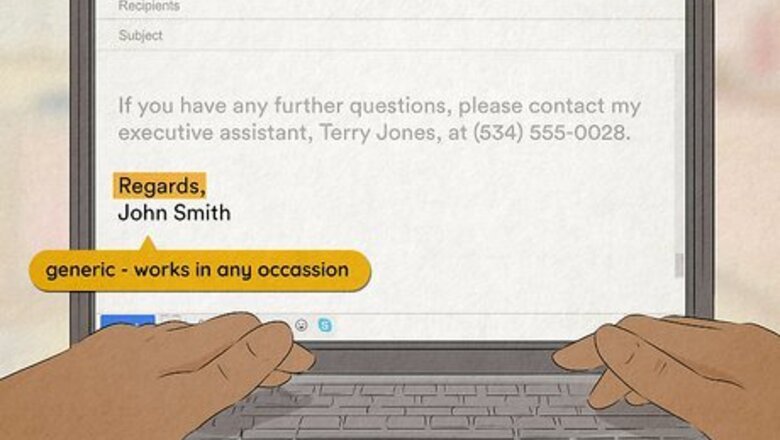
views
“Kind regards”
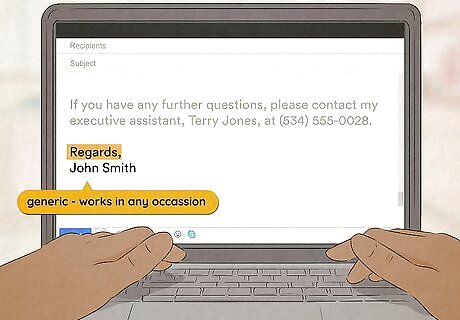
This professional closer works for any occasion. Whether you’re emailing a co-worker or a supervisor, “Kind regards” sets a polite, professional tone that doesn’t come across as casual or informal. “Kindest regards” is also a great option if you’d like your email to feel a little warmer. You can also conclude your emails with just “Regards.” It isn’t quite as friendly as “Kind regards” or “Kindest regards,” but it still sounds very professional.
“Sincerely”
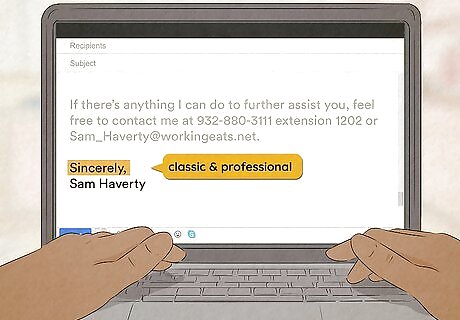
End your email on a formal note with this classic sign-off. “Sincerely” may sound a bit over the top, but it actually strikes the perfect balance between formality and earnestness. If you aren’t quite sure how to end a professional email, this is always a safe option to choose. For something a little more personal, sign off with “Sincerely yours.”
“Best”
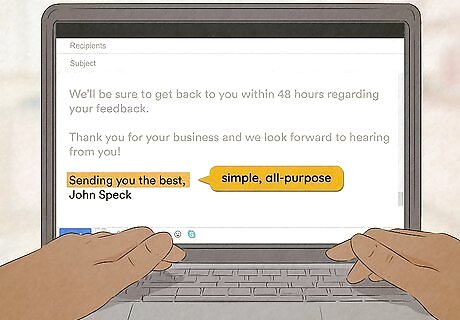
Keep it simple with this all-purpose sign-off. “Best” adds a polite tone to your email without sounding too stiff. It carries the same tone as “Sincerely,” and works for all kinds of emails, whether you’re calling in sick or contacting a client. Here are a few similar sign-offs you could try: “All my best” “Best regards” “Sending you the best”
“Best wishes”
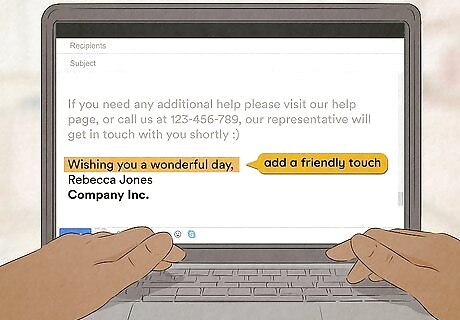
Add a friendly touch to your email with this closer. “Best wishes” offers respect without assuming too much about your relationship with the recipient. “Best wishes” can refer to an upcoming event in their life, or it can just be a vague, courteous way to wish someone the best. You could also try a variation, like: “Best of luck” “Wishing you the best” “Wishing you a wonderful day”
“With gratitude”
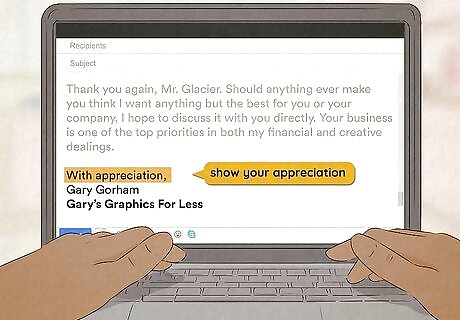
This grateful endnote is a great way to show your appreciation. Maybe you’re asking your manager for a favor, or thanking a co-worker for covering some of your workload while you were away. Whatever the case, “With gratitude” nicely wraps up your message without being too over-the-top. You could also try: “With appreciation” “Much appreciated”
“Thank you” or “Thanks”
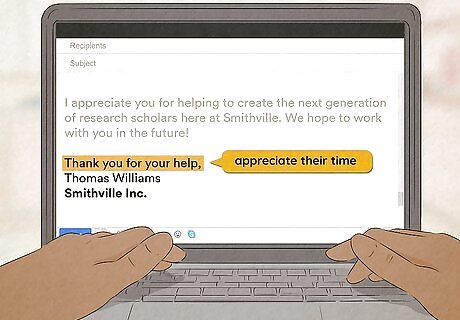
Let the sender know that you appreciate their time. “Thank you” is a good catch-all for any type of request, whether you’re asking a potential client for their business or requesting your deskmate to read over an important assignment you worked on. Here’s a few other thankful sign-offs: “All my thanks” “Thank you for reading” “Thank you for your help”
“Thank you in advance”
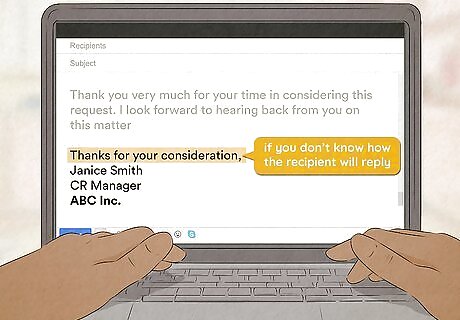
End your email with this sign-off if you’re requesting a favor. “Thank you in advance” is especially appropriate if you’re confident that the recipient is going to read or follow through with whatever you’re asking. A closer like “Thanks for your help” could also work in this scenario. “Thanks for your consideration” also works well, especially if you don’t know how the recipient will reply.
“As ever”
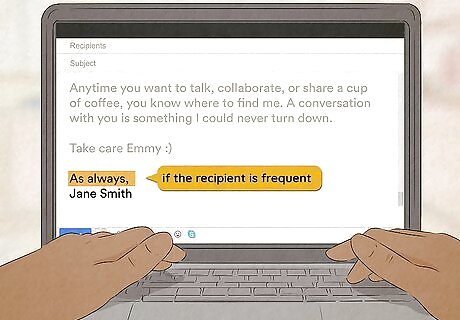
Choose this closer if you email the person frequently. Perhaps you email your company’s HR rep frequently, or you’re often in touch with a sales rep who works with your business. “As ever” wraps up your email in a friendly but still formal way. “As always” could be another great way to end an email with a frequent recipient.
“Warmly”
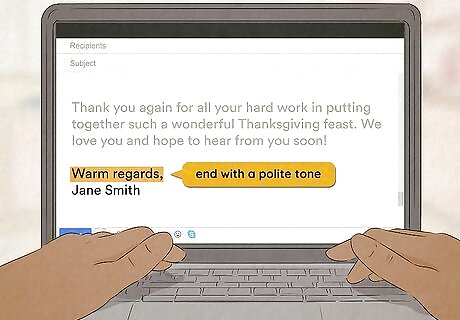
This kind endnote works for most business emails. “Warmly” ends your message in a polite tone, and lets your recipient know that you’re happy to speak with them. You might also say: “Warm regards” “Warm wishes”
“Respectfully”
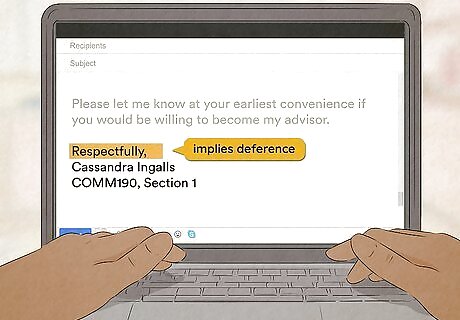
Although a bit on the formal side, this sign-off gets the job done. Choose this closer when you don’t know your recipient well but still want to leave a good impression. It’s always better to be too polite rather than too casual! You could also try signing off with: “Faithfully” “Looking forward”
Steer clear of casual and informal closers.
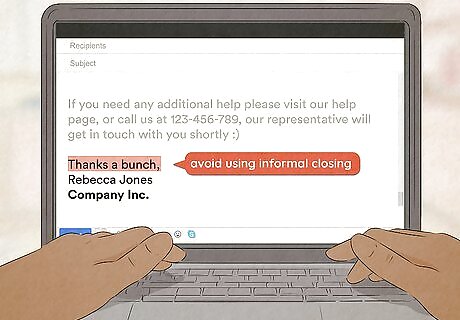
“Love,” “Yours truly,” and “Chat soon” don’t belong in a business email. Always play it safe with professional emails, even if you’re friendly with the recipient. Casual sign-offs like “Cheers” sound too informal, and don’t fit the mold of a professional email. Some other closers to watch out for are: “Thanks a bunch” “Your friend” “Thanks” “Later alligator”











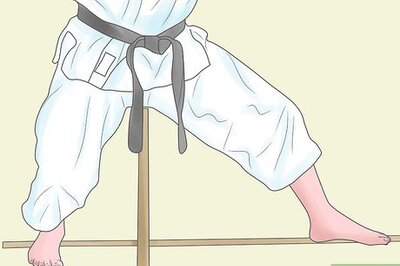




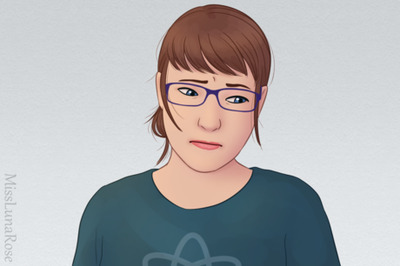
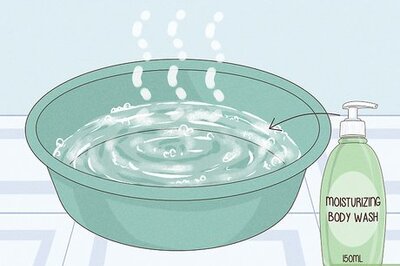
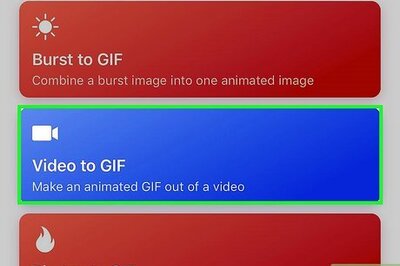

Comments
0 comment